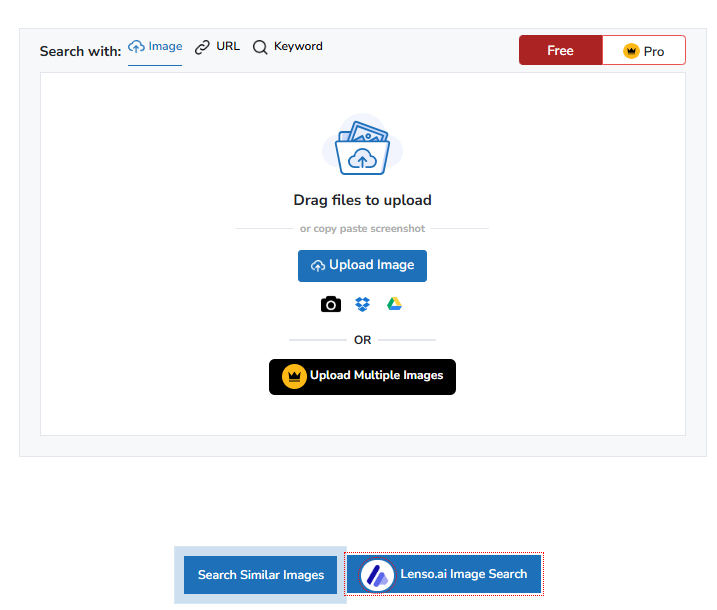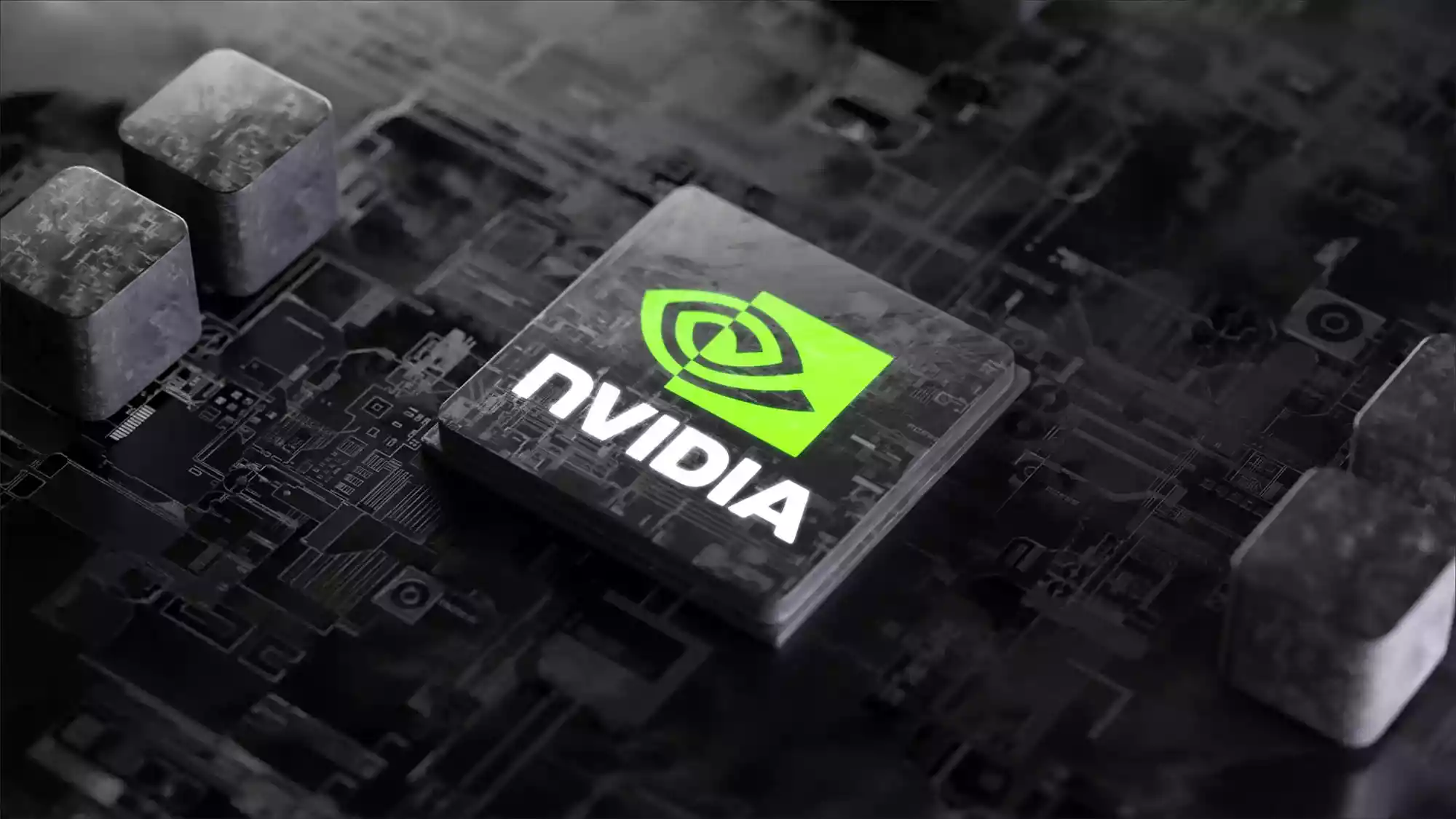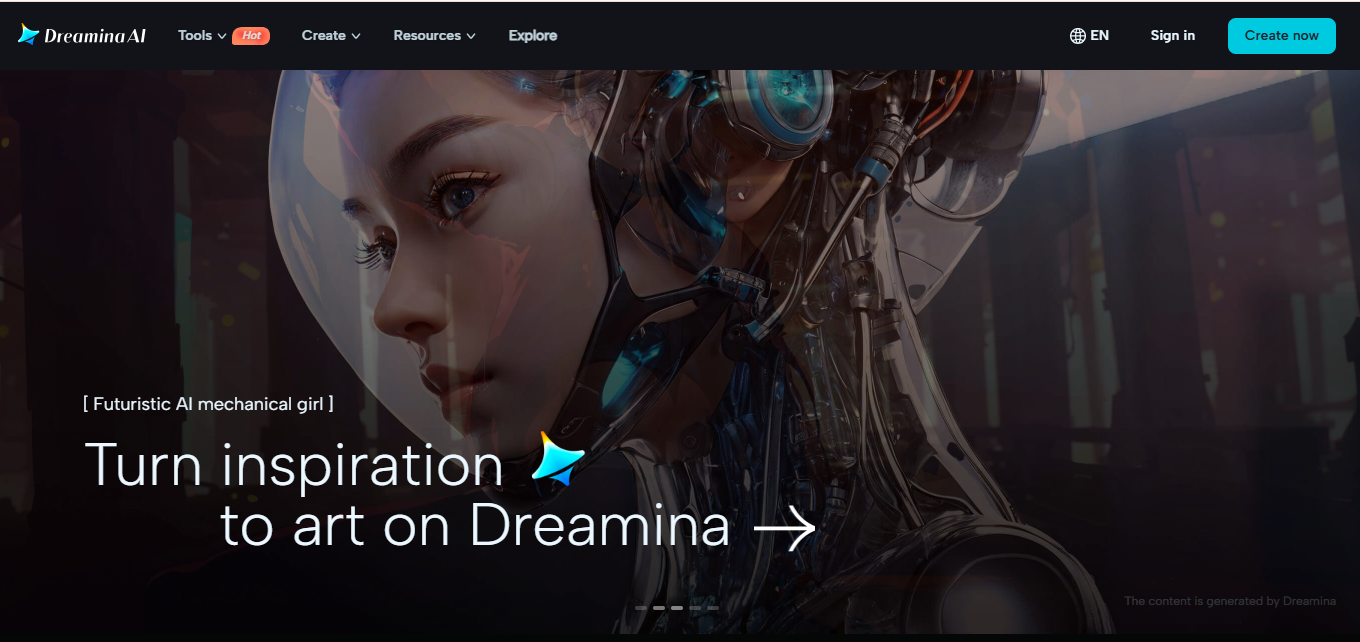
If you want to find any visual content online, you can easily find it in two main ways: text search and image search.
Most users use text search quite commonly. We have used it since childhood to locate specific content within documents or databases. In contrast, image search is specially designed to help users find specific visual content online.
Although both methods are efficient and have strengths, users are still confused about how they differ in finding accurate results.
Here is a comprehensive image and text search comparison to help you better understand their differences. Keep reading.
All you need to know About Text SearchText .search is when you search for content online with relevant keywords or phrases. It helps you quickly find specific words, phrases, or patterns in a document, database, or digital content. You have often used text search in search engines, file management systems, and applications where locating text data is crucial. It makes retrieving relevant information fast and efficient.
- Mavhunga puts DeMbare into Chibuku quarterfinals
- Ndiraya concerned as goals dry up
- DeMbare’s double boost
- ‘Zifa suspension won’t affect player transfers’
Keep Reading
- Precision: You can use text search to search for any object or content online precisely. You just need to enter the specific keywords; the search engine will provide you with the most relevant results. However, it is notable that the accuracy of the output largely depends on your word choice and how you describe your query to pinpoint specific information quickly.
- Versatility: Text search allows you to look for a broad spectrum of topics, including general inquiries and niche subjects.
- Consistency: Text-based searches generally produce more consistent results. They rely on well-defined algorithms that match user queries with indexed content.
Image search allows you to find similar images or related information using images as input instead of text. It is a modern way to search for visual content efficiently. When you search through images, you don't have to first evaluate the correct terms or words to recognize objects, verify images, or locate the source of a photo.
Benefits of Image Search- Visual Recognition: Image search utilizes unique algorithms to identify objects, faces, and scenes within images. Thus, it allows you to search for content based on visual similarities rather than textual descriptions. It helps you discover content you cannot access through text alone.
- Ease of Use: In the search by image process, you only have to upload the relevant image or URL to the tool, which will find similar photos. Thus, it's intuitive for people who struggle to find the right keywords.
- Precision: An image search engine will provide visual content that resembles the image you searched for. Thus, it is essential to search for similar visual content online.
Feature
Text Search
Image Search
Precision
High; relies on exact keywords
Variable: uses visual recognition for accuracy
Versatility
A broad range of topics
Focused primarily on visual content
Consistency
More reliable results
It can be ambiguous, but improving with technology
Contextual Understanding
Strong; considers user intent
Limited but rapidly evolving through AI advancements
Ease of Use
Requires keyword formulation
User-friendly; simple image uploads
Processing Speed
Slower due to textual analysis
Faster due to visual processing capabilities
Differ in Finding Accurate Results
In a text search, you must determine the keywords or phrases to search for specific content online. So, finding accurate results will be pretty tiring if your search query doesn’t match the content description.
You can use the image finder tool to locate visual content by uploading a similar image. The tool will analyze the images' pattern, structure, shapes, and colors to help you find the most accurate results.
Although both methods have advantages, image search is better if you want to find visual content.
For instance, what would you do if you saw an unknown place and wanted to know more about it? Will you provide a textual description of green mountains touching the clouds with a hint of mist and the area not being populated? Can you get accurate results? On the other hand, if you have the reference image, you can conduct a reverse image search and quickly get more information about the location. That is the reason why image search comes in handy.
Final WordsBoth image search and text search serve different purposes. Each method has its strengths depending on what you need. Image search works well for finding visual content quickly and easily. Text search is excellent for locating specific information through keywords. Knowing how to use each method effectively can enhance your search experience. Therefore, try both options to see which one works best for you.










